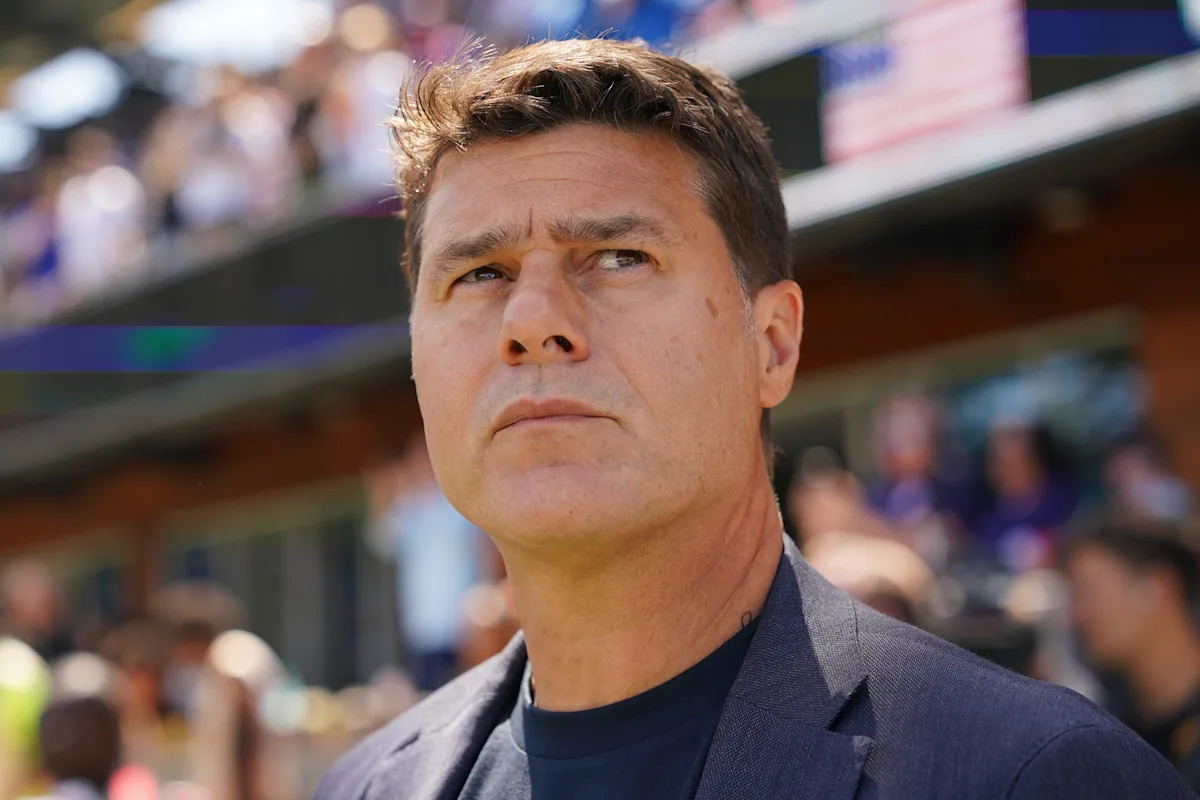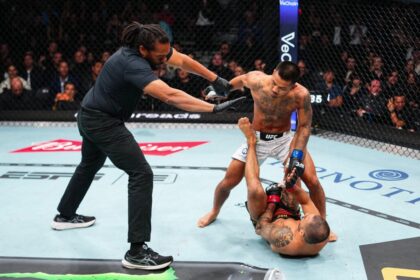Austin, Texas – Weeks after the US men’s national team announced its first summer roster, discussions centered on the players left off the list rather than those selected. Many key players were absent, sparking intense debates about the necessity of rest due to injuries, Club World Cup commitments, or concerns regarding Christian Pulisic.
Manager Mauricio Pochettino embraced the opportunity to introduce new talent and reinvigorate the roster to enhance competition. A disheartening 4-0 loss to Switzerland in the team’s final warm-up for the Gold Cup raised questions about his decisions, labelled a "soccer decision" by him, but early skepticism faded with a decisive 5-0 win over Trinidad and Tobago in the tournament opener.
However, Pochettino’s vision transcends mere scores. Following losses to Panama and Canada in March, he began to reassess the team’s internal standards.
"We want to foster an environment where everyone is eager to contribute," he stated. "Performance requires adhering to guidelines, cultivating a positive atmosphere, and committing fully.”
He elaborated on his expectations, emphasizing that camaraderie should not come at the expense of focus: “If your intention is to come to camp, enjoy golf, have dinner, and visit friends, that’s not the culture we are aiming for. We need everyone to arrive focused and concentrated.”
Pochettino clarified that he wasn’t assigning blame to individual players for the Nations League defeats; instead, he aimed to unite the team’s approach during camp. This presents a complex challenge as he transitions from Greg Berhalter’s veteran-heavy squad. For players who predominantly play abroad, returning to the U.S. often means reconnecting with family and friends, which can diverge from their camp obligations.
"When discussing national team mentality, if you observe the world’s success stories, many stay in one location and travel to matches,” said midfielder Tyler Adams, just 90 miles from his hometown in New York before a friendly against Türkiye. “Given the geography of our country, we travel extensively, including overseas. I enjoy being home, but we need to strike the right balance.”
Adams, who captained the team at the 2022 World Cup, is pivotal in cultivating this new culture over the next year, particularly with Chris Richards, a rising leader who wore the captain’s armband against Türkiye.
Richards noted, "We understand that during our off-time, we may wish to spend time with family rather than being in camp. However, creating this new culture requires quality time together off the pitch."
Walker Zimmerman, a Nashville SC defender, shared similar sentiments after the loss to Switzerland: "Pochettino emphasizes the importance of focus during every training session, and I believe the coaching staff is doing well in balancing work and enjoyment."
To some extent, Pochettino agrees, stating that he values giving players downtime. “I’m the first on the coaching staff who values his players having free time. They are young and should explore opportunities when they can, but focus is crucial while responsibilities are met.”
Pochettino previously made headlines for criticizing golf outings and dinner plans during camps, aiming instead for a level of intensity on the field. “I want 11 lions or wolves—characters filled with aggression. If we enjoy life but do not fight as a unit, we question our balance, which is key.”
Adams summarized the focus well: “He stresses balance and ensures we understand that being top performers is crucial.”
Pochettino believes football has a unique psychological aspect compared to other American team sports and strives to maintain a non-restrictive environment. “This is not a closed system or a military camp; it’s a soccer team preparing for competition,” he explained.
Zimmerman added, “We aren’t confined to hotels, but culturally, we dedicate ourselves to training intensity, game competitiveness, and team cohesion.”
As the Gold Cup commenced, the realities of tournament life increased focus. “Everyone aims to optimize recovery,” said center-back Mark McKenzie. “I prepare by attending to the details post-training and utilizing rest time effectively.”
While this roster may not mirror the World Cup team next summer, it could feature unexpected players playing significant roles in shaping the team. Pochettino prioritizes cultural alignment, which is vital, especially given the demanding schedule.
“We’re all professionals,” midfielder Brenden Aaronson stated before the group stage match against Saudi Arabia. “We understand our roles, needs, and how to handle each situation, so we stay focused on the tournament.”
This summer is Pochettino’s only tournament opportunity before the World Cup, and a deeper run in the Gold Cup could significantly influence the development of a winning culture in the U.S. national team.
Fan Take: This news is crucial for soccer enthusiasts as it highlights the transformative efforts Pochettino is implementing ahead of the World Cup. A successful cultural shift could not only elevate the team’s performance but also enhance soccer’s presence and appeal in the U.S.



